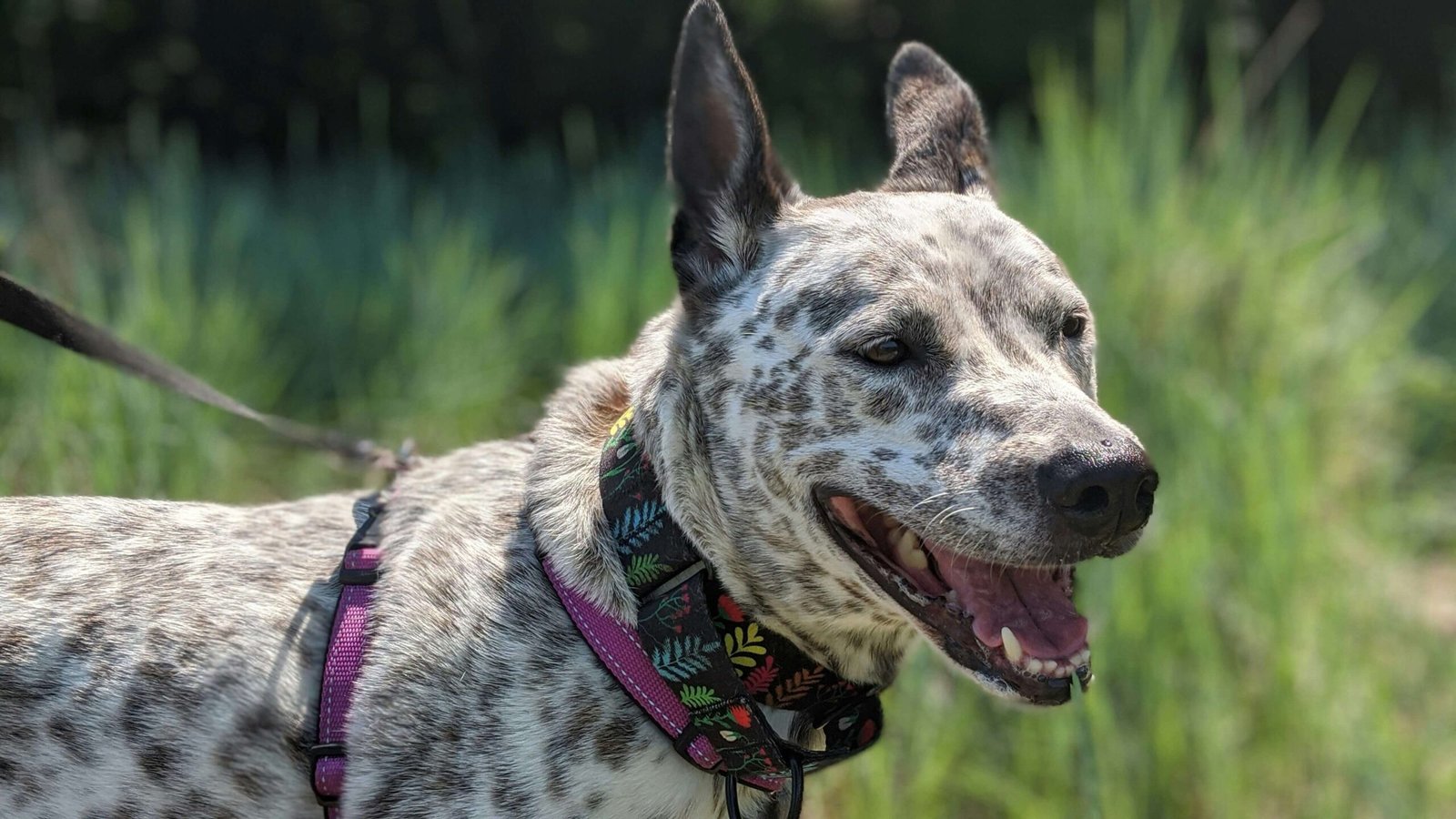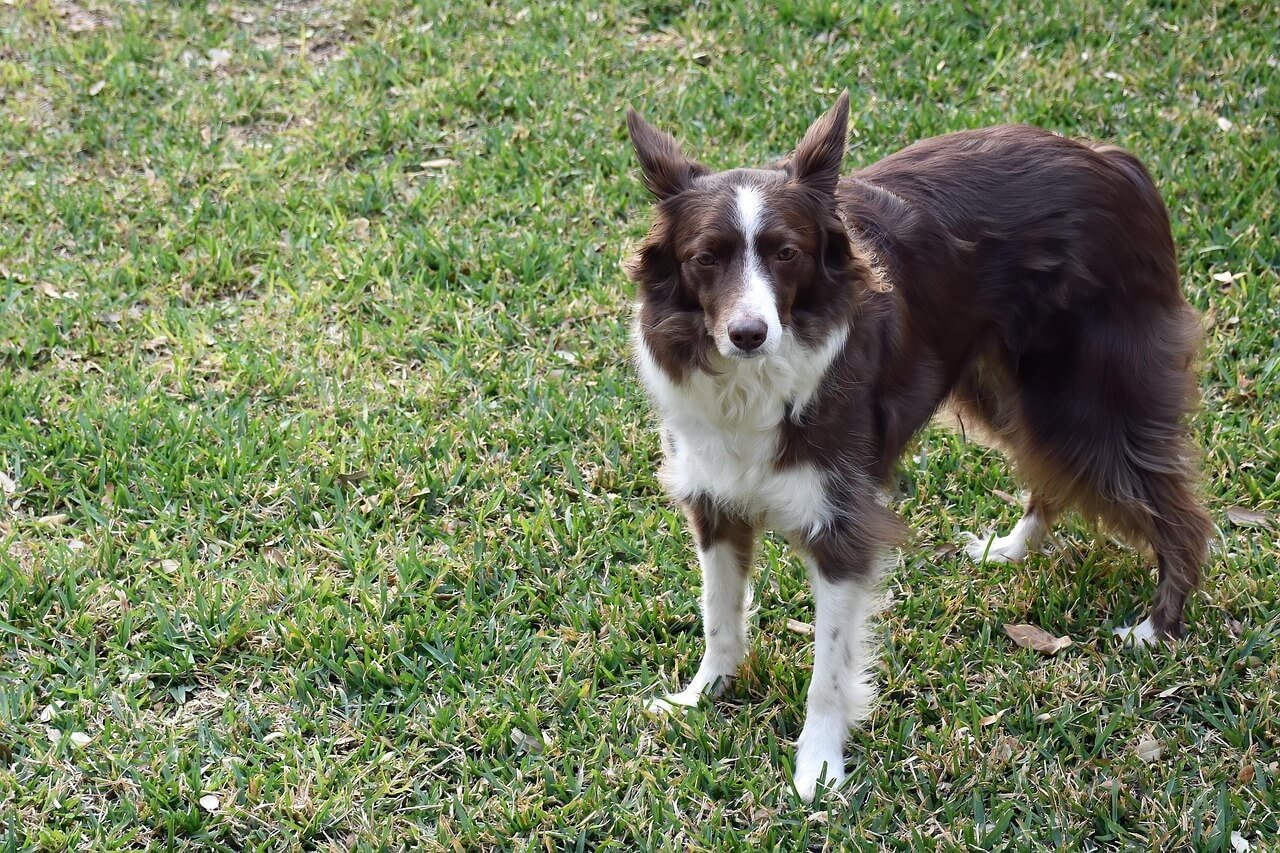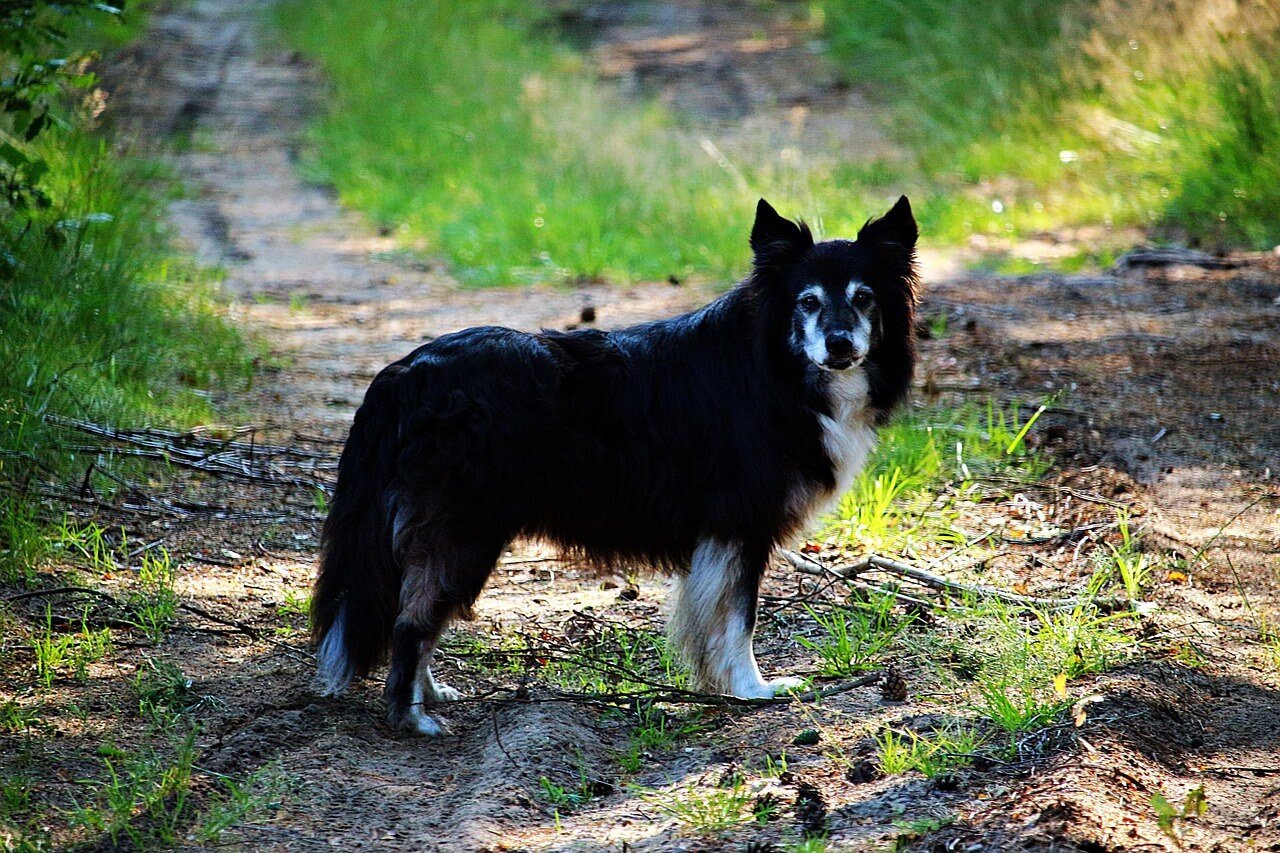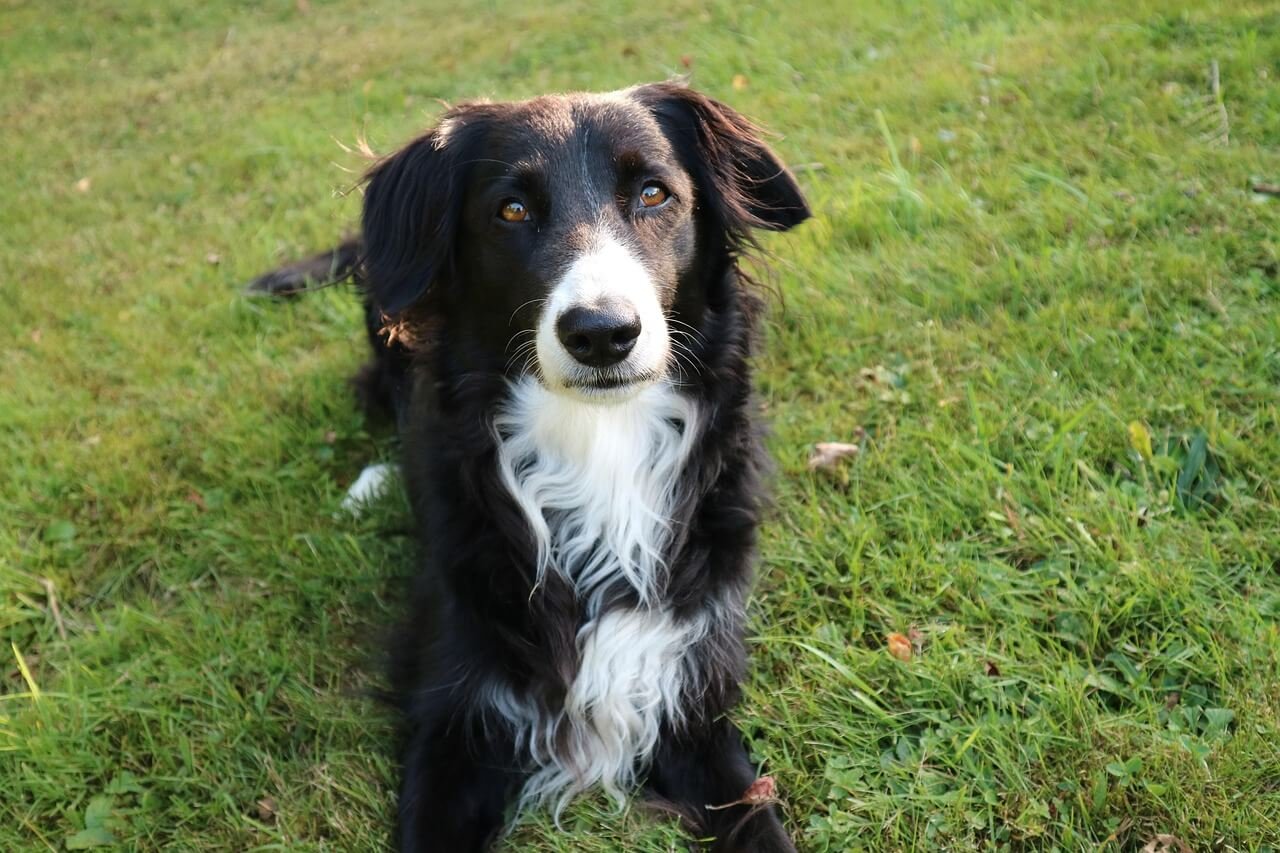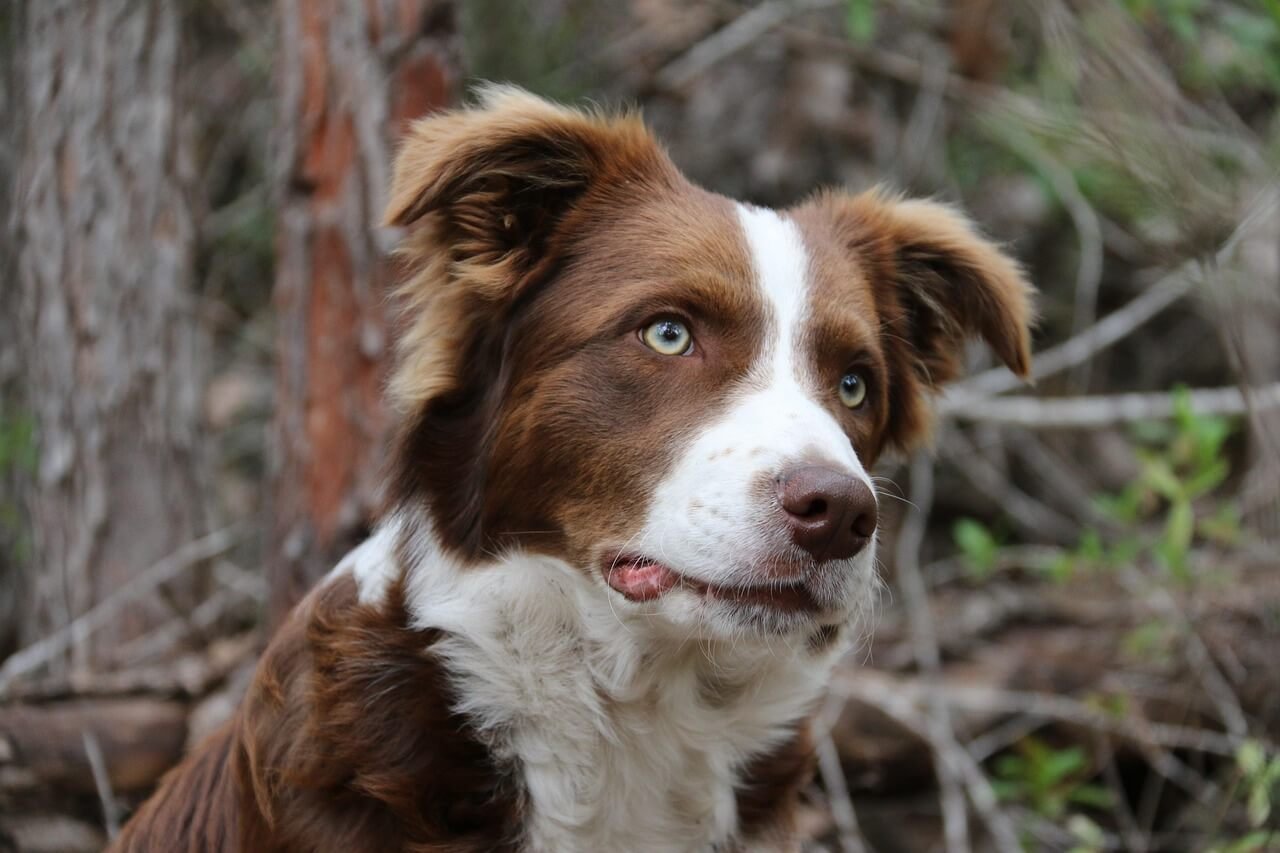Cattle Dog Lifespan: How Long Can You Expect Your Loyal Companion to Live?
Australian Cattle Dogs, often referred to simply as cattle dogs, are known for their intelligence, energy, and unwavering loyalty. These hardworking herding dogs have a reputation for being tough, resilient, and fiercely devoted to their families. But how long can you expect your cattle dog to live? Understanding the average cattle dog lifespan is essential for preparing yourself to provide the best care throughout their life stages. In this blog post, we’ll explore the factors that influence their longevity, tips for extending their lifespan, and how to ensure they live a happy, healthy life by your side.
What Is the Average Lifespan of a Cattle Dog? Key Insights
The lifespan of an Australian Cattle Dog typically ranges from 12 to 16 years, making them one of the longer-lived breeds. However, several factors can influence how long your cattle dog lives. Here’s a breakdown of what impacts their longevity:
Genetics: A well-bred cattle dog with no inherited health issues is more likely to live a full, healthy life.
Diet and Nutrition: Providing a balanced, high-quality diet supports overall health and can extend their lifespan.
Exercise and Activity Levels: Cattle dogs are highly active and thrive on physical and mental stimulation, which contributes to their longevity.
Veterinary Care: Regular check-ups, vaccinations, and preventive treatments help catch and address health issues early.
Living Environment: A safe, loving home with minimal stress promotes both physical and emotional well-being.
While genetics play a role, much of your cattle dog’s lifespan depends on the care and attention you provide. By focusing on these factors, you can maximize their years by your side.
Factors That Influence a Cattle Dog’s Lifespan
Several elements contribute to how long your cattle dog will live, and understanding these factors can help you take proactive steps to enhance their quality of life. Here’s what you need to know:
Breed-Specific Health Issues: Conditions like hip dysplasia, deafness, or progressive retinal atrophy can impact their lifespan if not managed properly.
Activity Levels: Without sufficient exercise, cattle dogs can become overweight or develop behavioral issues, which may shorten their lifespan.
Mental Stimulation: Boredom and lack of mental challenges can lead to stress or destructive behaviors, affecting their overall health.
Dental Health: Poor dental hygiene can lead to infections or systemic health problems that reduce their lifespan.
Socialization and Companionship: Loneliness or lack of interaction can cause anxiety and depression, impacting both their mental and physical health.
By addressing these factors, you can create a supportive environment that helps your cattle dog live a longer, healthier life.
Check this guide 👉Kangal Dog Lifespan: Best 7 Expert Tips!
Check this guide 👉Lifespan of the Indian Pariah Dog: Best 7 Expert Tips!
Check this guide 👉Boxer Dog Life Expectancy: Best 7 Expert Tips!
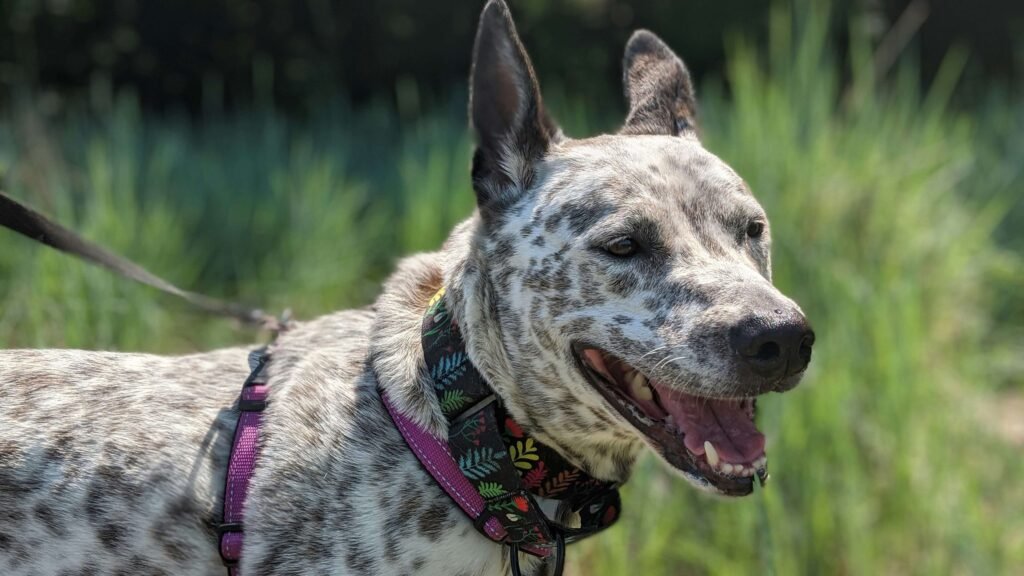
Factors That Extend Lifespan | Tips for Enhancing Longevity |
|---|---|
Balanced Diet | Feed high-quality food tailored to their needs |
Regular Exercise | Provide daily walks, playtime, and agility training |
Preventive Vet Care | Schedule annual check-ups and vaccinations |
Mental Stimulation | Use puzzle toys, obedience training, and interactive games |
Safe Living Environment | Ensure a secure, stress-free home free of hazards |
How to Maximize Your Cattle Dog’s Lifespan
Taking proactive steps to care for your cattle dog can significantly impact their lifespan and overall well-being. Here are some practical tips to help your dog live a long, happy life:
Provide a Nutritious Diet: Choose food rich in protein, vitamins, and minerals to support their active lifestyle and muscle development.
Maintain a Consistent Exercise Routine: Aim for at least 1–2 hours of vigorous exercise daily to keep them physically fit and mentally sharp.
Focus on Dental Hygiene: Brush their teeth regularly and provide dental chews to prevent plaque buildup and gum disease.
Monitor for Health Issues: Watch for signs of illness, such as limping, lethargy, or changes in appetite, and seek veterinary care promptly.
Create a Stimulating Environment: Rotate toys, introduce new activities, and engage in training sessions to keep their mind active.
By implementing these strategies, you can ensure your cattle dog remains healthy, happy, and vibrant for years to come.
Common Health Concerns in Cattle Dogs and Their Impact on Lifespan
While cattle dogs are generally robust, they are prone to certain health conditions that can affect their lifespan. Being aware of these concerns allows you to take preventive measures and seek timely treatment. Here’s what to watch for:
Hip Dysplasia: A genetic condition that causes joint pain and mobility issues, potentially shortening their lifespan if untreated.
Deafness: Some cattle dogs are born deaf or develop hearing loss, which requires special care and training adjustments.
Progressive Retinal Atrophy (PRA): A degenerative eye condition that can lead to blindness but doesn’t necessarily shorten lifespan if managed well.
Obesity: Overfeeding or lack of exercise can lead to weight gain, increasing the risk of diabetes, heart disease, and joint problems.
Allergies: Skin or food allergies can cause discomfort and infections if not addressed promptly.
Understanding these health risks and working closely with your veterinarian can help mitigate their impact and extend your cattle dog’s lifespan.
How Training Contributes to Your Cattle Dog’s Lifespan
Training is not just about obedience—it plays a crucial role in enhancing your cattle dog’s physical and mental well-being, directly impacting their lifespan. A well-trained dog is less likely to engage in risky behaviors and more likely to enjoy a balanced, stress-free life. Here are some training tips to support their longevity:
Start Early: Begin training during puppyhood to establish good habits and prevent behavioral issues as they age.
Focus on Recall Training: Teaching a reliable recall can keep your cattle dog safe during outdoor adventures and reduce the risk of accidents.
Incorporate Mental Challenges: Use advanced commands and problem-solving games to keep their mind sharp and engaged.
Socialize Regularly: Expose your cattle dog to different environments, people, and animals to build confidence and reduce anxiety.
Use Positive Reinforcement: Reward-based training fosters trust and strengthens your bond, promoting emotional health.
By investing time in training, you’re not only teaching commands but also ensuring a longer, happier life for your cattle dog.
Feeding Your Cattle Dog for a Longer Lifespan
Proper nutrition is one of the most important factors in extending your cattle dog’s lifespan. A well-balanced diet supports their active lifestyle, boosts immunity, and prevents obesity-related issues. Here’s how to optimize their diet:
Choose High-Quality Protein: Ensure their food contains real meat as the primary ingredient to support muscle development and energy levels.
Avoid Fillers and Artificial Additives: Steer clear of foods with excessive grains, by-products, or artificial preservatives that offer little nutritional value.
Monitor Portion Sizes: Overfeeding can lead to weight gain, so measure meals carefully based on their age, size, and activity level.
Supplement Wisely: Consider adding joint-supporting supplements like glucosamine or omega-3 fatty acids for long-term health benefits.
Provide Fresh Water Always: Hydration is essential for digestion, temperature regulation, and overall health.
A thoughtful approach to your cattle dog’s diet can significantly enhance their quality of life and extend their years with you.
How to Support Your Senior Cattle Dog Through Their Golden Years
As your cattle dog ages, their needs will change, and recognizing the signs of aging allows you to provide the best care possible. Senior dogs require extra attention to ensure their comfort and happiness. Here’s what to look for and how to help:
Reduced Energy Levels: Expect your dog to slow down with age; adjust their exercise routine to shorter, gentler activities.
Stiffness or Mobility Issues: Watch for signs of arthritis or joint pain and consult your vet about treatments or supplements.
Changes in Appetite: Older dogs may eat less; try offering smaller, more frequent meals or switching to senior-specific food.
Vision or Hearing Loss: Be patient and adapt your home environment to accommodate their declining senses.
Increased Need for Comfort: Provide soft bedding and keep them warm, especially during colder months.
By understanding and addressing these changes, you can make your cattle dog’s senior years comfortable and enjoyable, ensuring they feel loved until the very end.
Frequently Asked Questions About Cattle Dog Lifespan
What is the average lifespan of a cattle dog?
The average lifespan of an Australian Cattle Dog is 12 to 16 years with proper care.
Can a cattle dog live longer than 16 years?
Yes, some cattle dogs have been known to live into their late teens with excellent care and genetics.
What health issues are common in cattle dogs?
Common issues include hip dysplasia, deafness, progressive retinal atrophy, and obesity.
How much exercise does a cattle dog need daily?
Cattle dogs require at least 1–2 hours of vigorous exercise daily to stay healthy and happy.
How can I tell if my cattle dog is aging?
Signs of aging include reduced energy levels, graying fur, stiffness, and changes in behavior or appetite.
Final Thoughts: Cherishing Every Moment with Your Cattle Dog
The cattle dog lifespan of 12 to 16 years may seem fleeting, but those years are filled with boundless energy, loyalty, and love. By understanding the factors that influence their longevity and taking proactive steps to care for them, you can ensure your cattle dog enjoys a fulfilling life by your side. Whether you’re providing them with plenty of exercise, mental stimulation, or simply showering them with affection, every moment counts. Cherish the time you have with your cattle dog, and remember that their happiness is a reflection of the love and care you give them. Together, you can create memories that last a lifetime.
Understanding Scabs in Dogs Ears: Best 7 Tips! Learn how to identify, treat, and prevent scabs in your dog’s ears for optimal ear health.
Is Cinnamon Bad for Dogs? Best 7 Health Tips! Discover safe ways to use cinnamon, risks to avoid, and expert advice to keep your dog healthy.
Can Dogs Get Pneumonia from Humans? Best 7 Tips! Learn how to protect your dog, understand transmission risks, and ensure their respiratory health.
Can Dog Urine Make You Sick? Best 7 Health Tips! Learn how to stay safe, prevent illness, and handle exposure to dog urine effectively.

